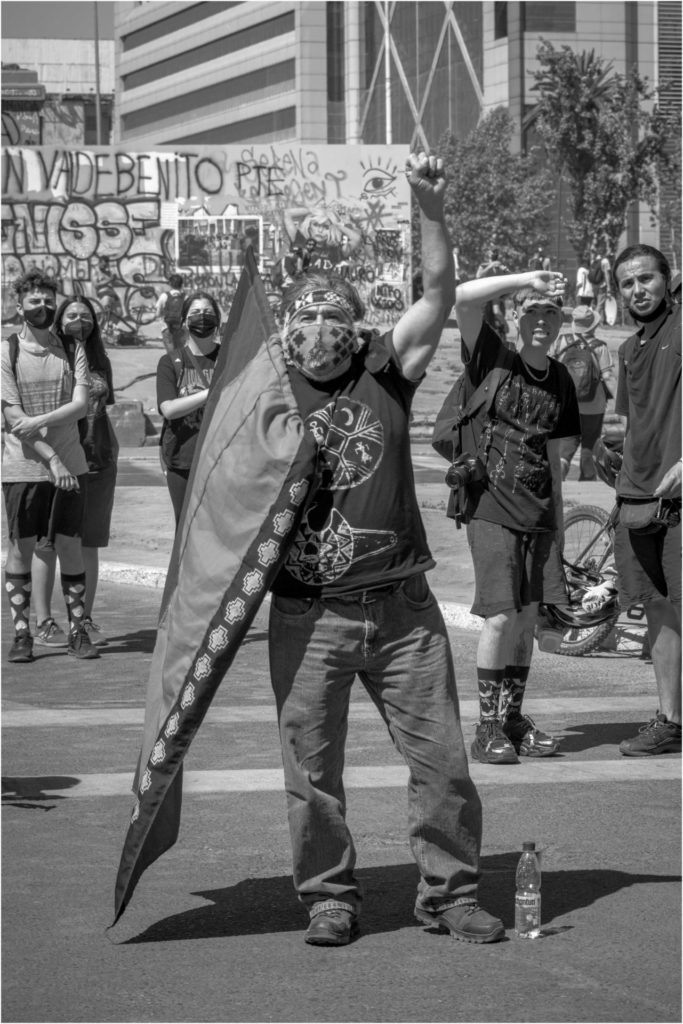“When I was born
they put two tears
in my eyes
so that I could see
the size of the pain of my people.” (Humberto Ak’abal)
The life of the indigenous Latin American brings, from birth, the fate of resistance. Centuries have passed and the original inhabitants of this exuberant container have gradually lost their territories and, during this cruel and unjust process, their roots have been uprooted to impoverish them, tame them and turn them into slaves. Without land and power, their struggles end on the ground of their bodies. This is how colonisation became eternal and inevitable, resting on the pillars of racism, discrimination, dispossession and the guarantee of impunity for those who perpetrate their extermination.
The process of “pacification” of the territories inhabited by the native peoples has been nothing more than a genocidal policy conceived in the nuclei of economic and political power. The communities, however, remain firm in the defence of their rights and one generation after another manage to survive despite the constant threat of eviction and death. There is no country on the continent where indigenous peoples have the status of citizens with full rights and opportunities. In all our Latin American nations they have been persecuted as if they were the invaders. And, in all of them, the “indigenous problem” is spoken of shamelessly and shamelessly.
Meanwhile, the urban centres populated by a mestizo society indifferent to the reality of other regions and other communities, perpetuate the status quo by endorsing, with their vote and their passivity, the abuses of political classes sold out to big business and submissive to the dictates of an international community allied with the multinationals. The loss of ancestral territories is added to the irremediable destruction of the habitat of valuable species and abundant natural resources, the property of nations ravaged by greed.
Indigenous resistance to the invasion of their territories, their towns and villages, their fields and their environment – submerged in underdevelopment by the force and will of those trying to evict them – hangs by a thin thread: awareness of their rights. Against them, the entire legal apparatus has been instrumentalised from the centres of power, with the aim of justifying the application of repression when these communities exercise their right to protest and demand to be heard. In the meantime, the hitmen on the orders of big capital are busy identifying and assassinating their leaders, and harassing their legitimate authorities.
From where we are, in the comfort of our bubble, we observe the tragedy of our compatriots as if they existed in another galaxy, far away from our little everyday life. We have not understood that the pain of others is our pain. That their tragedies will strike us at the very heart of our indifference. That the colours of their textiles and the harshness of their destinies are also in our genetic code. While we deny reality, it confronts us with our inability to accept an identity rejected out of a habit of repeating stigmas.
This prurience of feeling alienated is what condemns our countries to being cheap suppliers for the first world; a reality that resembles the mill wheel in its eternal spinning, plunging us into misery. The resistance of the original peoples to the depredation and corruption of the authorities should be the general struggle, the battlefield should also be the great avenues, those where we feel alienated from the course of history. Otherwise, sooner rather than later, we will be plunged into catastrophe.
History repeats itself over and over again, but the victims are always the “others”.










